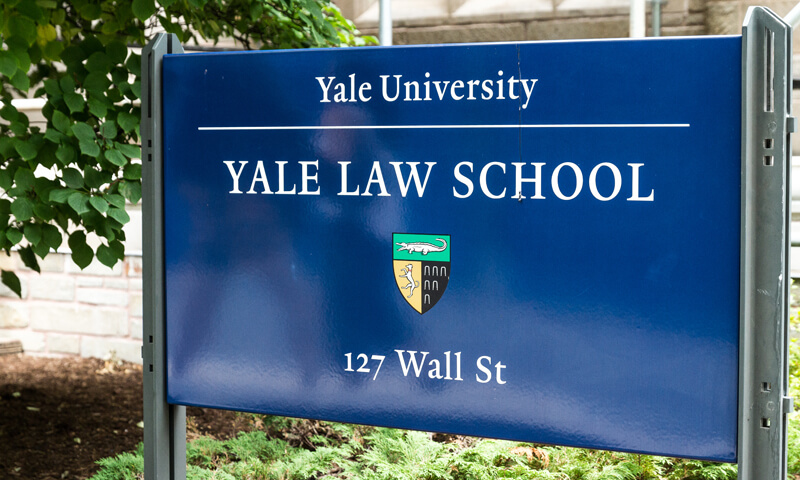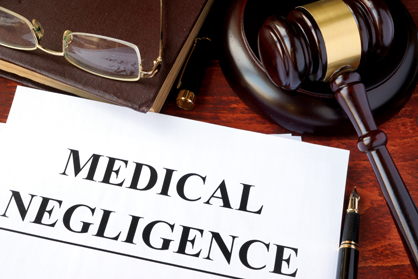
New Jersey court officials plan to resume in-person jury trials by September, saying “waiting is not an option” for litigators in an announcement Wednesday.
State judiciary officials said they could not allow an “increasing backlog” of civil and criminal cases to stagnate any longer, as the COVID-19 pandemic continues to spread like wildfire across the state, and are therefore planning to restart jury trials this fall under a hybrid system that will combine remote jury selection with in-person proceedings.
“We do not have the option of saying that the courts can shut down until such time as there is herd immunity or that we come up with a vaccine,” said Acting Administrative Director of the Courts, Judge Glenn Grant. “We would love for that day to happen. We can’t wait for that day to happen. But the work of the court — critical work of the court — needs to continue.”
Judge Grant said there are more than 4,700 people in county jails across the state awaiting the presentation of their case to a grand jury or a trial.
The state’s 15 judicial districts had put a halt on all civil and criminal jury trials until further notice since March when Gov. Phil Murphy issued stay-at-home orders in regard to nonessential businesses and activities.
The court’s announcement comes as the number of cases and deaths continues to drop in New Jersy, once the second- hardest-hit state by the pandemic.
The Garden State’s courthouses summon more than 1.4 million jurors each year, which makes in-person jury selection an impossibility from a public health standpoint with the pandemic still underway, Judge Grant’s special assistant, Jessica Lewis Kelly said.
She said the hybrid process is a “temporary solution to unprecedented circumstances…Resuming jury trials is necessary and urgent. Waiting is not an option.”
Jurors will be summoned by mail possibly this or next week and will participate in the early phases of jury selection virtually. According to Kelly, jurors will undergo an enhanced screening process, and potential jurors who don’t have a smartphone, laptop, or tablet needed to participate in the virtual jury selection, will be provided with equipment by the courts.
Potential Jurors who have an underlying medical condition or are 65 and older are allowed to reschedule their service for a later date. Those prospective jurors who do not qualify for an exemption but have concerns about COVID-19 can meet with a judge to discuss why they should be excused.
“The judge makes an individualized assessment as to whether that excuse makes sense,” Grant said.
The final phase of jury selection will be conducted in-person, with no more than 30 jurors in a time.
Trials will also be conducted using a “hybrid” model where the defendant, attorneys, the judge, and one-half of jurors will be in one courtroom while the rest of the jurors will watch a live feed in another courtroom.
Officials said some courtrooms are too small for everyone included in the trial to “be social distancing.”
In-person trials will include a number of persuasive measures including jurors sitting six feet apart and wearing a mask, while some will undergo “thermal screening” at the courthouse entrance.
Defense lawyers will communicate with the defendant through a plexiglass barrier, using earbuds, or “the old fashioned way of just using notepads,” Grant said.
The courts will also enforce a capacity limit on elevators.
According to a notice posted after the conference, the first vicinages to roll out the plan will be the three that encompass Atlantic and Cape May counties; Bergen County; and Cumberland, Gloucester, and Salem counties.
Criminal cases expected to last shorter than two weeks will be first in the lineup, officials said.
Grant said officials are discussing the potential need to expand jury pools to account for the possibility of a juror contracting the coronavirus.
Throughout the pandemic the judiciary has held about 50,000 virtual proceedings and spent roughly $750,000 on equipment to bridge the digital divide, officials said.











































